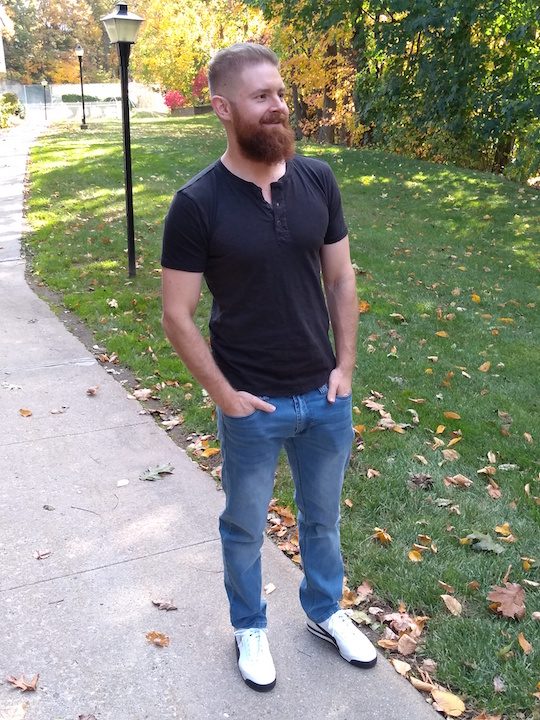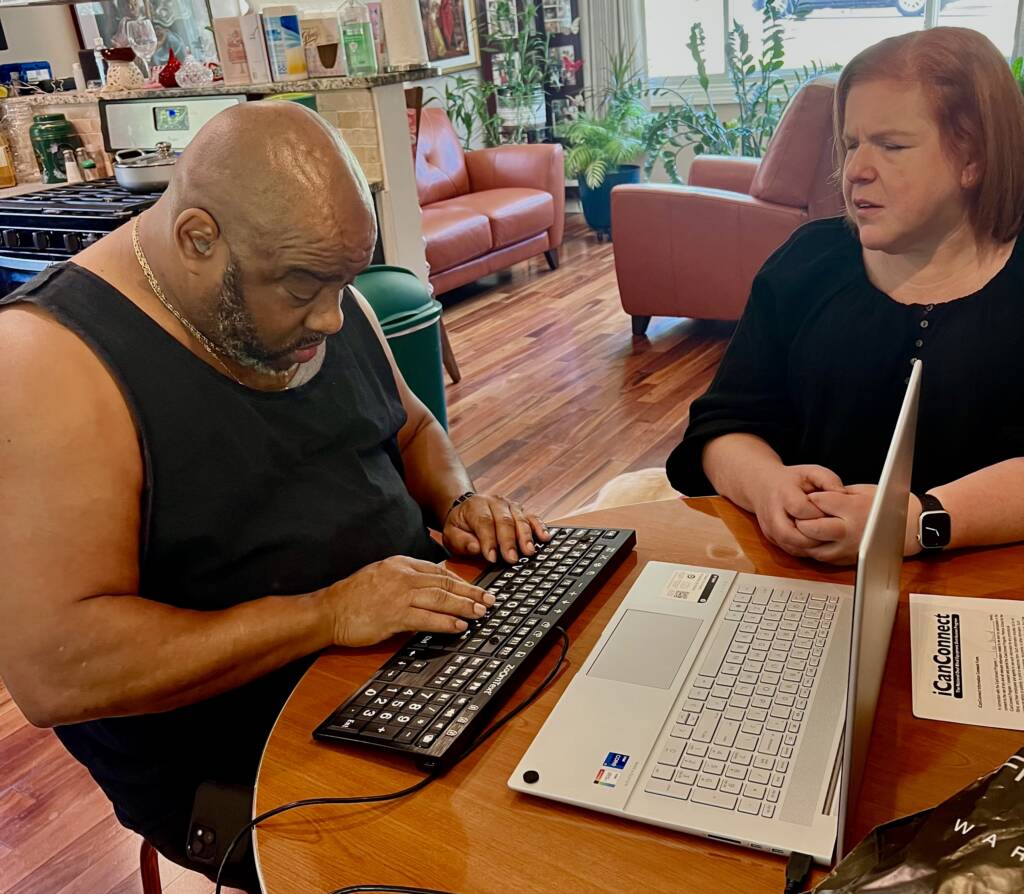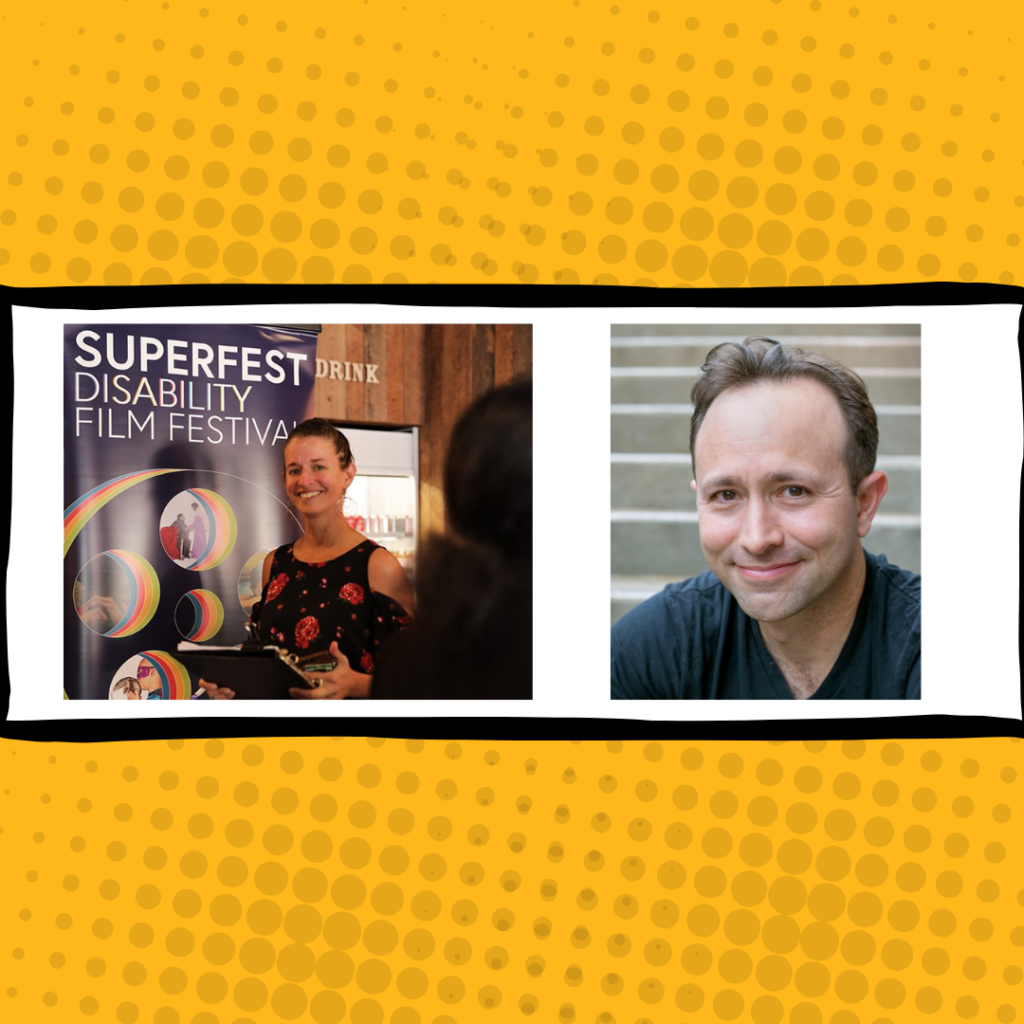I vividly remember the incessant hammering of the MRI machine, the seven vials of blood drawn on two separate occasions, the car rides to and from the appointments, preliminary testing by an ophthalmologist that seemed right out of a sci-fi novel, and my parents leaving the pediatrician’s office in tears after hearing the initial findings and dire possibilities of disease.
We weren’t prepared for the psychological sh*tstorm that would ensue after the diagnosis of optic nerve hypoplasia was delivered at the age of 9.
I began to really suffer psychologically during my sophomore year of high school, with comparisons being at the core. Unfortunately, I would rate myself without having all the facts, through a temporarily irrational and vulnerable mind, and through impaired eyes, which only served to fulfill a confirmation bias that was often grossly inaccurate. At the end of my sophomore year I was experiencing anxiety attacks at regular intervals—every day. The very first panic attack snuck up and devoured me whole, like an invisible monster ravaging its prey.
After a decade of suffering, medication adjustments, and ineffective talk-therapy, I found myself in a crisis that required immediate and dramatic intervention. Once treated and stabilized, I was introduced to a therapy that was based upon mindfulness, acceptance, crisis survival, and emotional regulation.
Running my day
After graduating from therapy, I discovered the saying: “You either run your day, or your day will run you.” I realized that I, along with everyone else, have a choice to make when difficult and uncomfortable situations, or circumstances are present: I can allow emotions to dictate a reaction (often ineffective), or I can simply notice any thoughts, emotions, or urges and choose to act effectively.
I’ve entitled my Facebook, Instagram, and website Run Your Day to share both fitness-related information, as well as good-intentioned wisdom on how to navigate certain parts of life.
Now, I’m able to accept it when I encounter tasks I can no longer perform as well as I had in the past due to my visual decline. I’ll also tell myself “Play your cards, Superman!” if I’m starting to harshly self-judge my inabilities, or simply notice any self-judgment and bring my mind back to the present.
While the Serenity Prayer was not associated with the therapy, I would silently recite the prayer to supplement treatment-specific-skills to help tap into my wisdom and differentiate what I could realistically change, as opposed to what I could not—my vision.
I’ve fallen in love with weightlifting as both a therapy and hobby because weights don’t discriminate against my impairment. For the past 12 years, I’ve been helping others on their fitness journey as a fitness coach.
I have amassed a great deal of knowledge and experience with training, nutrition, and the behaviors associated with each. I can see well enough to navigate a gym floor as well as see my client’s silhouettes to adjust form.
My visual future is unknown, with the possibility of periodic declines in acuity happening without warning, but I’m emotionally prepared with a strong support system.
Patrick Raymond is a visually impaired personal trainer. You can continue to follow his story on Facebook, Instagram, and his website, Run Your Day Tips.



